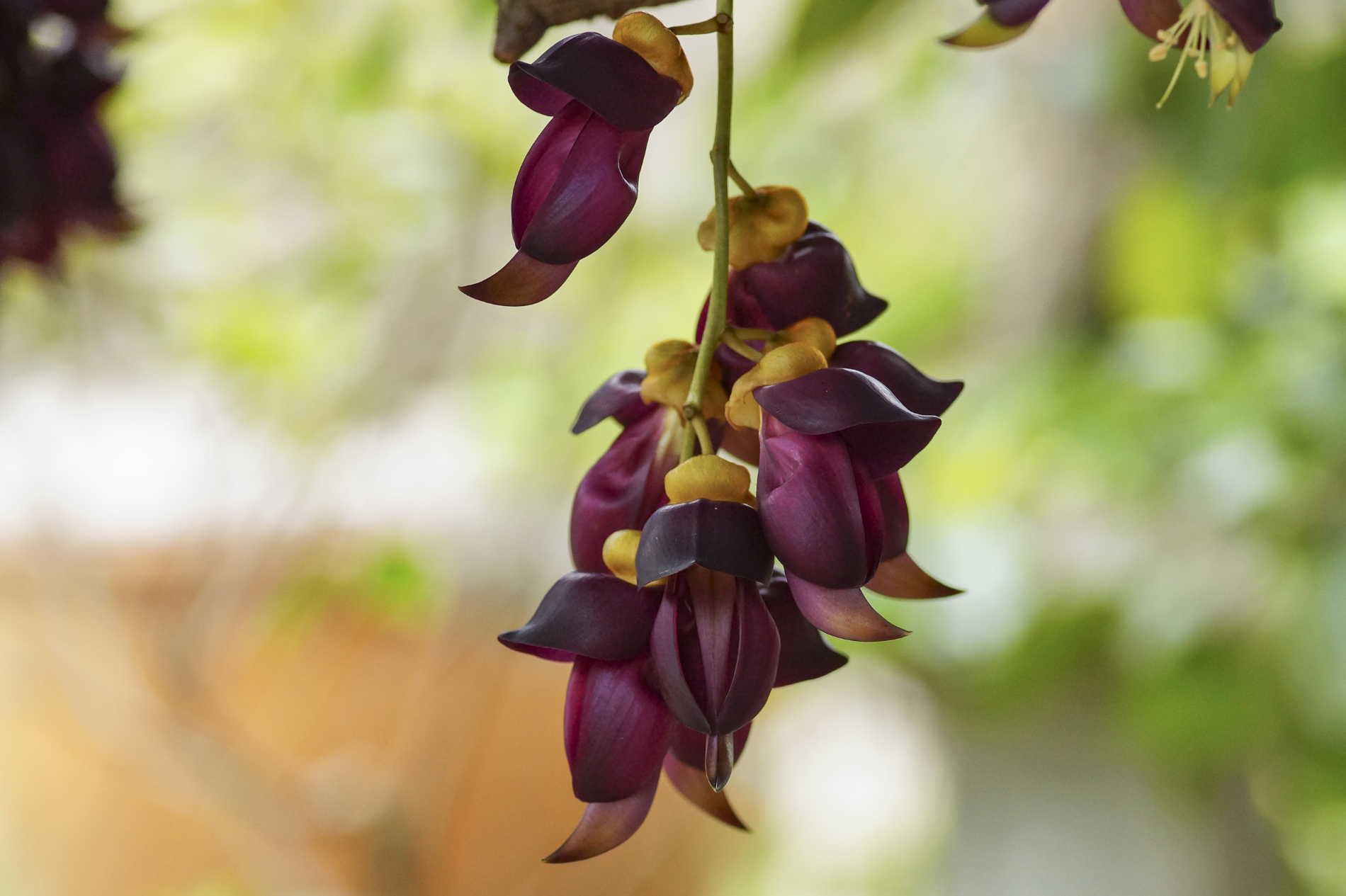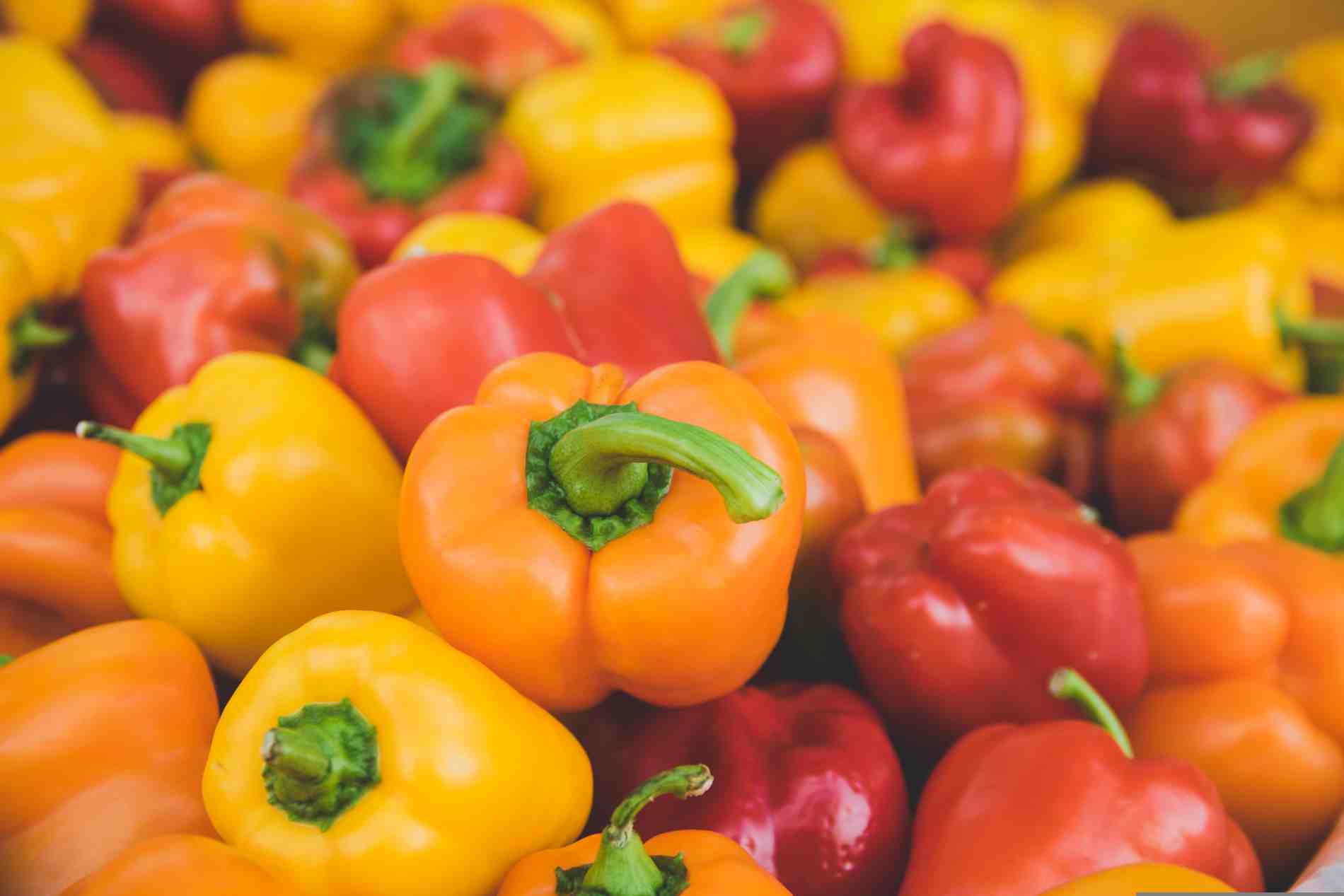Introduction
The cardoon (Dipsacus fullonum), an ancient medicinal plant, is once again gaining importance in modern naturopathy. Originally used as a dyeing and spinning plant, it was discovered over time as a remedy for various diseases. Today, many people appreciate its health-promoting effects and its many possible applications.
Discovery and history of the cardoon
Its healing properties were already recognized in ancient times. The famous Greek physician Hippocrates mentioned the plant in his writings. In the Middle Ages, herbalists used cardoon against skin diseases and digestive complaints. Over the centuries, however, it fell into oblivion until it was rediscovered in recent decades. It is increasingly being used again, particularly in traditional Chinese medicine.
Dosage forms and dosage
The cardoon can be taken in various dosage forms. Tea, tinctures, capsules and powder are the most common dosage forms. Each form has its own specific benefits and is suitable for different needs and preferences.
- Tea: To make cardoon tea, pour 250 ml of boiling water over a teaspoon of dried cardoon root and leave to infuse for 10 to 15 minutes. Two to three cups a day is the recommended dose.
- Tinctures: These are concentrated extracts of cardoon root in alcohol. A typical dosage is 20-30 drops, taken three times a day before meals.
- Capsules and powder: This form is particularly convenient for on-the-go use. The dosage varies depending on the product, but is usually between 500 mg and 1 g per day.
Cardoon: healing effects and areas of application
It is used for a variety of illnesses. Its antibacterial, anti-inflammatory and detoxifying properties make it a valuable component of naturopathy.
Lyme disease
It is particularly well known for its use in Lyme disease. This disease is transmitted by ticks and can cause serious damage to health. It supports the body in its fight against the Borrelia bacteria and promotes the elimination of toxins. It has both a direct antibacterial and immune-boosting effect.
Skin diseases
The anti-inflammatory properties of the cardoon make it an effective remedy for skin diseases such as acne, eczema and psoriasis. The external application of card tinctures or creams can accelerate healing and soothe the skin.
Digestive problems
It also has a digestive effect. It can help with complaints such as flatulence, stomach cramps and constipation. A tea or tincture made from cardoon root stimulates digestion and promotes intestinal health.
Immune system and detoxification
Thanks to its detoxifying properties, it supports the liver and kidneys in excreting harmful substances. This can strengthen the immune system and improve general health.
Effect on the body
The active ingredients in cardoon, including iridoids, saponins and polyacetylenes, exert their effects in different ways. Iridoids have anti-inflammatory and immunomodulating properties, while saponins promote blood circulation and support the elimination of toxins. The polyacetylenes have antibacterial and antiviral effects, which makes them particularly valuable for infectious diseases.
When to take and precautions
Cardoon should ideally be taken before meals to aid digestion and optimize the absorption of the active ingredients. Long-term use can be particularly useful for chronic illnesses in order to support the body in the long term.
Contraindications and precautions
Not everyone should take them without consulting their doctor. Pregnant and breastfeeding women are advised not to take it, as there are not enough studies on its safety. People with allergies to composite plants should also be cautious.
Cardoon: side effects and overdose
When used correctly, side effects are rare. In rare cases, gastrointestinal complaints or allergic reactions may occur. In the event of an overdose, nausea, vomiting and diarrhea may occur. If there are signs of an overdose, a doctor should be consulted immediately.
Food supplements and medicinal plants
Other dietary supplements and medicinal plants can be taken to support the healing effect. Vitamin C and zinc strengthen the immune system and support wound healing. Probiotics can bring the intestinal flora back into balance, especially after Lyme disease treatment.
Stinging nettle and milk thistle are other medicinal plants that complement the detoxifying effect of the cardoon. Stinging nettle promotes blood circulation and detoxification, while milk thistle protects and regenerates the liver.
Natural distribution and nutrition
It grows in many temperate regions and can be collected in the wild or cultivated in the garden.
In the diet, the active ingredients are mainly found in plant products such as green leafy vegetables, herbs and roots. A balanced diet with lots of fresh ingredients can also promote health.
Cardoon: traditional and modern naturopathy
In traditional Chinese medicine, cardoon is used to strengthen vitality and eliminate dampness. It is also increasingly valued in Western naturopathy. Modern applications often combine traditional formulations with the latest scientific findings in order to achieve the best possible results.
Conclusion
Cardoon is a versatile and effective remedy that offers many possible applications in naturopathy. Whether to support Lyme disease, to promote digestion or to detoxify the body – it can make a valuable contribution to health. However, as with all natural remedies, caution is advised and it should always be taken in consultation with a doctor. Only then can it develop its full effect and help to alleviate many complaints.




